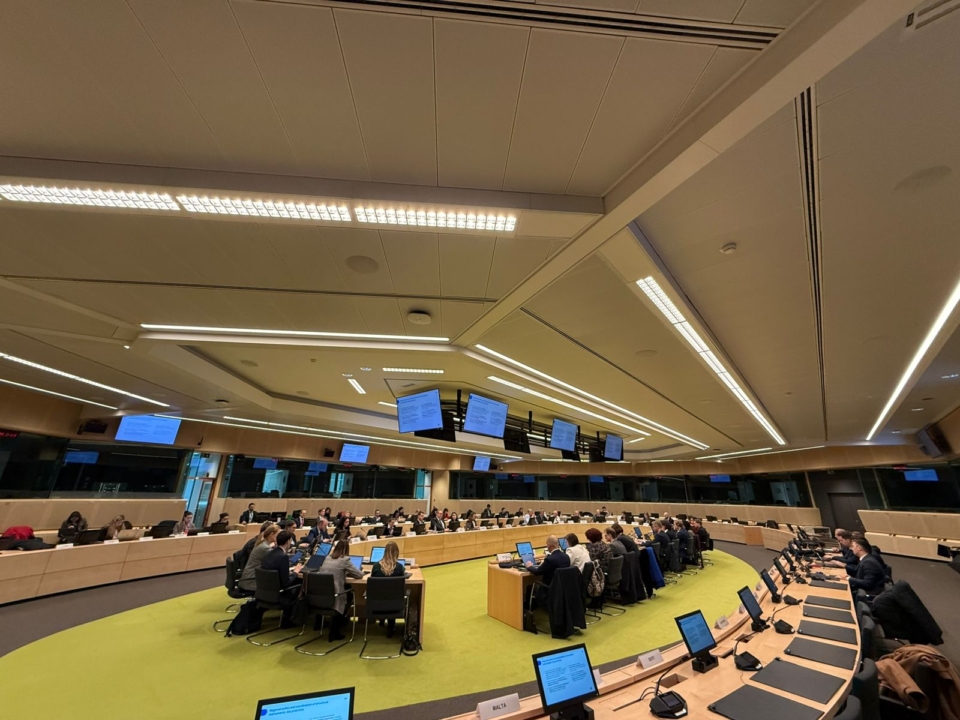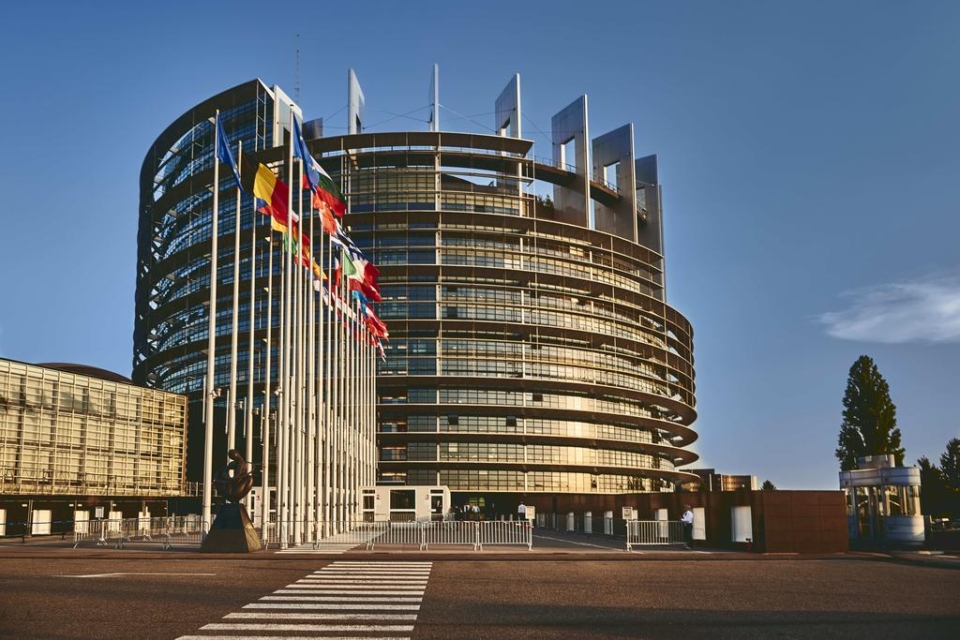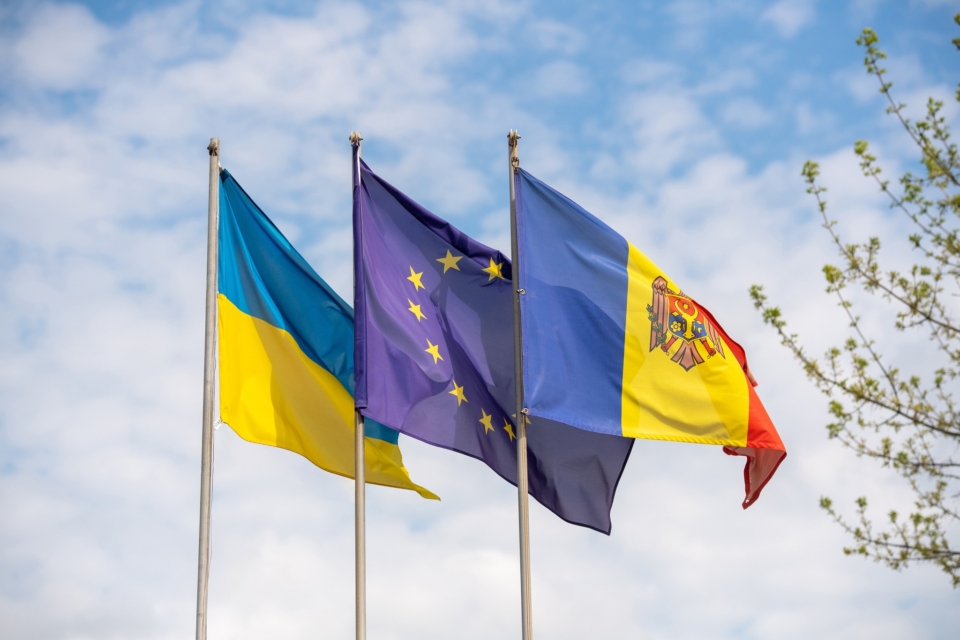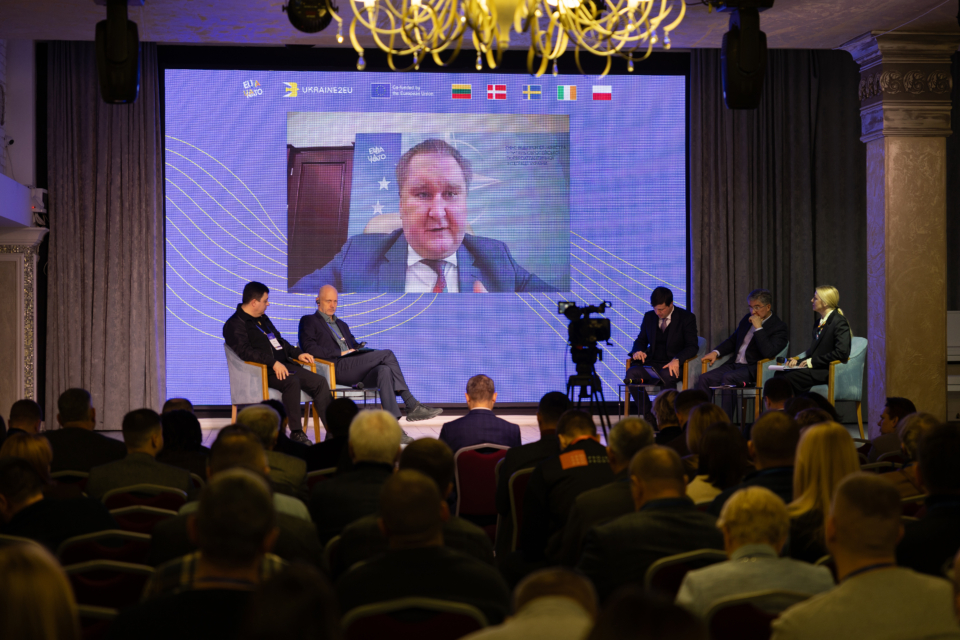Olga Stefanishyna and Minister for the EU Affairs of Poland Adam Szłapka held the first meeting in the framework of the Polish-Ukrainian dialogue on European integration
28.03.2024
On Thursday, March 28, in Warsaw, Poland, Deputy Prime Minister for European and Euro-Atlantic Integration Olha Stefanishyna and Minister for European Union Affairs of Poland Adam Szłapka held the first meeting in the framework of the Polish-Ukrainian dialogue on European integration. The meeting took place within the framework of intergovernmental consultations between Ukraine and Poland, which are currently taking place in Warsaw under the chairmanship of Prime Minister of Ukraine Denys Shmyhal and Prime Minister of Poland Donald Tusk.
“I am very pleased to start our intergovernmental dialog, and in particular a meeting dedicated to Ukraine’s European integration process. I also welcome the fact that we have a clear vision of the next steps in which Poland can help Ukraine actively move forward on its path to EU membership,” the Deputy Prime Minister said.
She thanked the Polish government for its support and advocacy of key decisions for Ukraine at the EU level, including the launch of negotiations on Ukraine’s accession to the European Union and the approval of a four-year financial mechanism for Ukraine worth EUR 50 billion. “At each of these steps, we managed to find unity within the EU, and your support was vital for the adoption of these important decisions for Ukraine.”
Olha Stefanishyna also thanked the Polish side for including in the joint statement of the governments a clause on holding the first EU-Ukraine intergovernmental conference in June: “It is absolutely necessary for us to hold such a conference in June, which will allow us to start negotiations on accession.”
In his turn, the Minister for the European Union Adam Shlapka confirmed the readiness of the Polish side to establish a dialogue at the expert level between the two countries on issues of European integration. It is, in particular, about the exchange of experience and expertise in various sectors. “We are determined and do everything possible to support you and help you on the European integration path, and in this context, I believe that our dialogue can become aneffective and operational tool,” the Polish minister noted.
The minister also emphasized that today’s intergovernmental meeting is an important signal for Ukrainian and Polish “societies, our partners in the European Union, as well as for Russia, that our countries are and remain close partners.”
During the meeting, Ukraine’s progress in the implementation of the necessary reforms was also discussed, the Deputy Prime Minister emphasized that Ukraine has completed all the steps determined by the European Commission and is ready for the next stages of the negotiation process.
“If we talk about the next stages of the screening and the negotiations themselves, the establishment of a sectoral dialogue between Ukraine and Poland will be very useful”, said Olga Stefanishyna. “Today, in Ukraine, the process of European integration is the main driver of internal transformations, and we would like to preserve the dynamics and rich agenda”.
The parties separately noted the successful implementation of the Natolin educational project, which allowed more than 50 Ukrainian civil servants from various ministries to undergo European integration training at the College of Europe in Natolin. These civil servants will join the negotiation process regarding Ukraine’s membership in the EU. The importance of continuing and expanding such cooperation to strengthen the institutional capacities of the Ukrainian side on the way to EU membership was confirmed.
The Deputy Prime Minister welcomed yesterday’s decision of EU ambassadors to support the continuation of autonomous trade preferences for Ukraine.
“It is important to remember that the cause of certain negative phenomena is not the EU’s decision on trade liberalization with Ukraine, but the full-scale war waged by Russia in Europe. Ukraine is open to finding long-term, sustainable solutions based on the Association Agreement, while maintaining trade liberalization is a fundamental issue for us,” she said.
Minister Shlapka pointed to the recent European Commission’s proposal on the imposition of tariffs on Russian agricultural imports, which would cut off another important source of profit for the Russian economy.
The participants also discussed the debates on necessary adjustments to be taken by the European Union itself before accession of new countries, agreeing that the enlargement process cannot be “hostage” to works on the internal reform of the EU. Olha Stefanishyna and Adam Shlapka agreed to maintain close contact and work together to strengthen ties between the societies of the two countries.
Other news
All news













